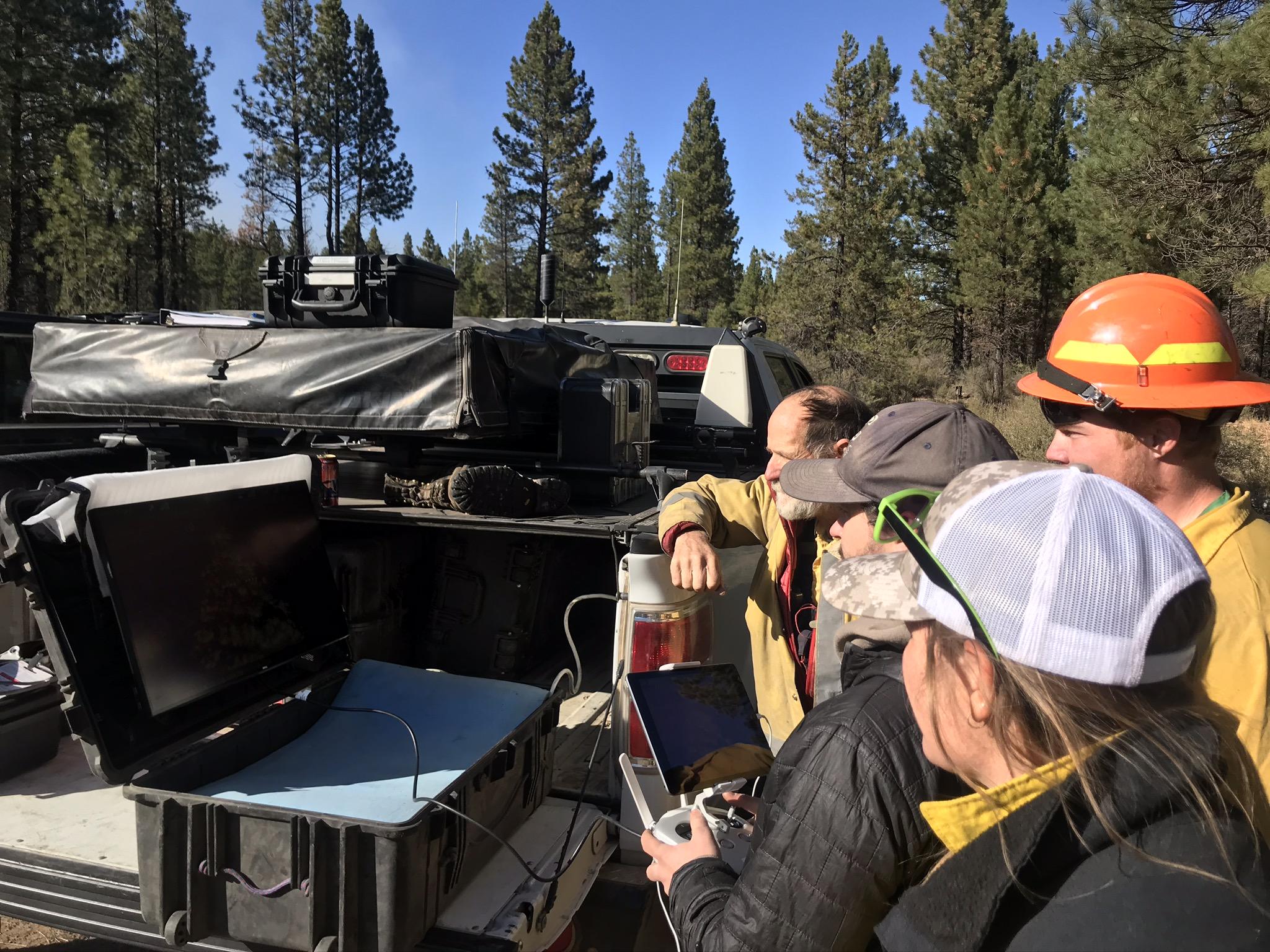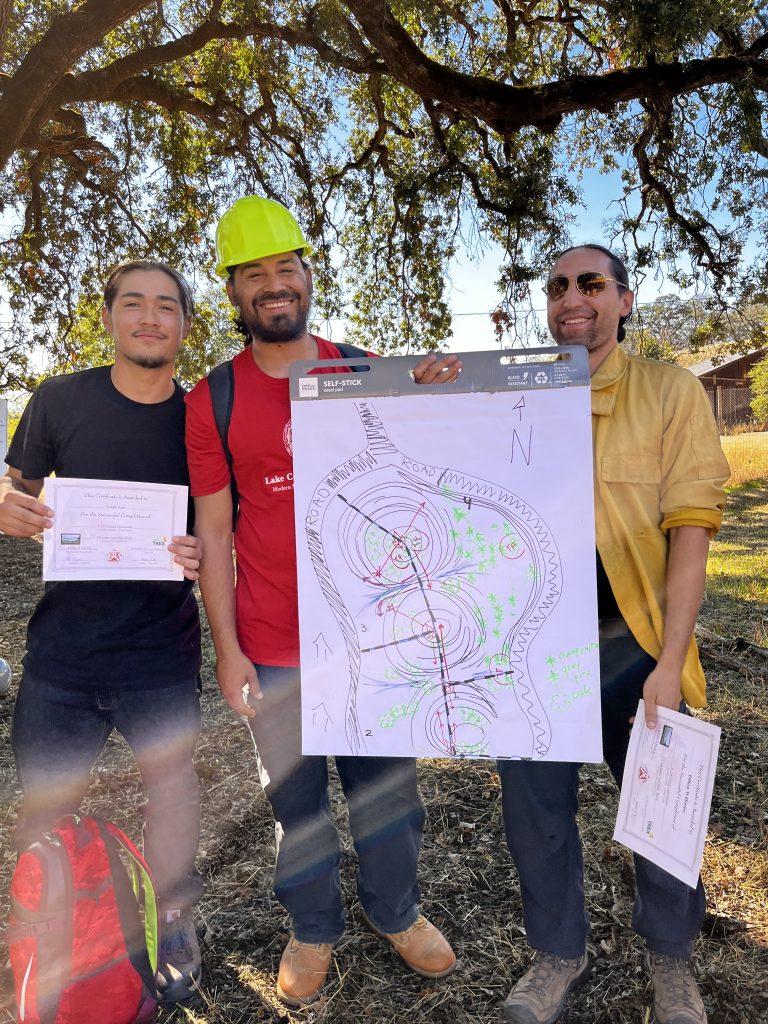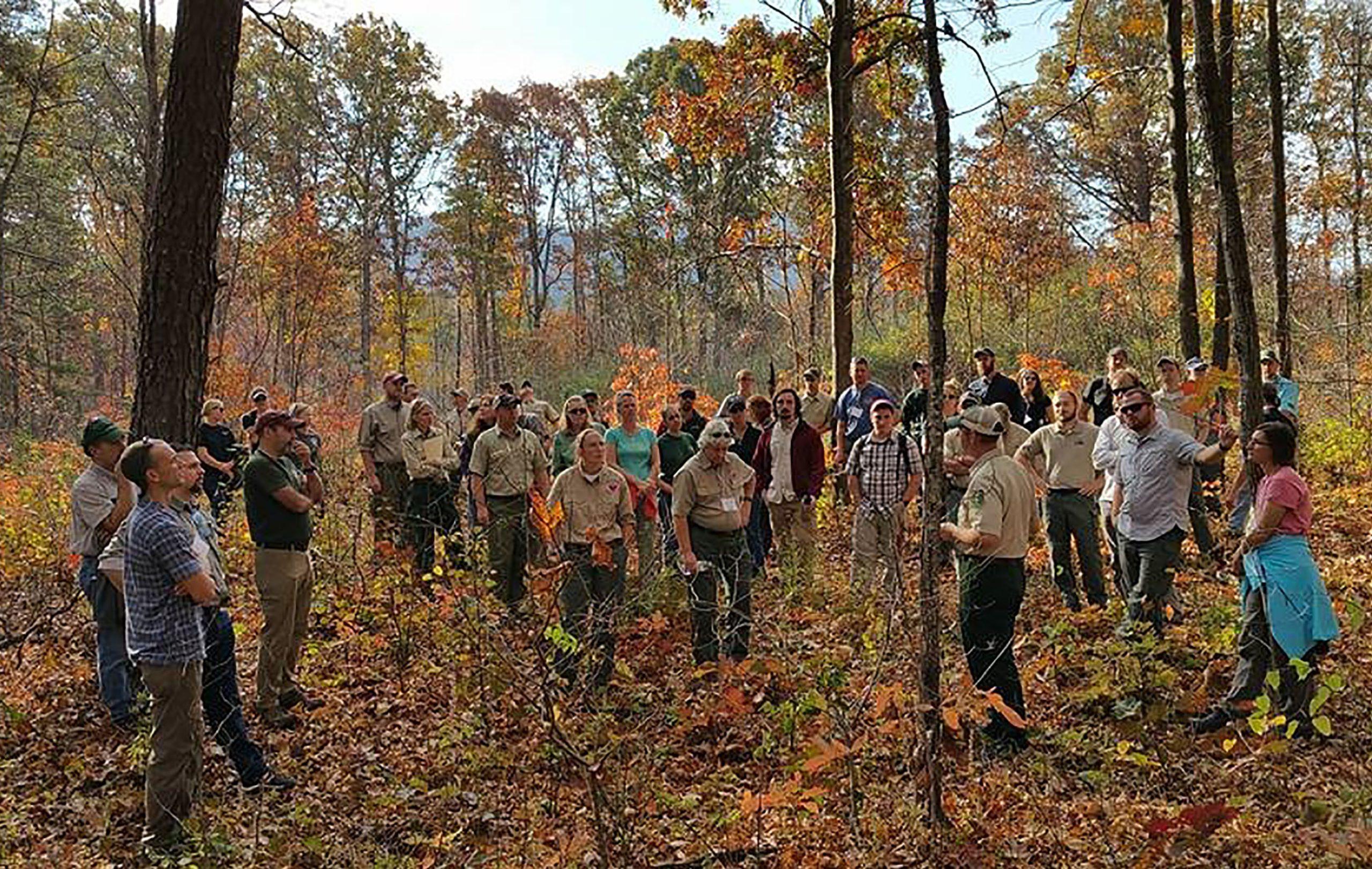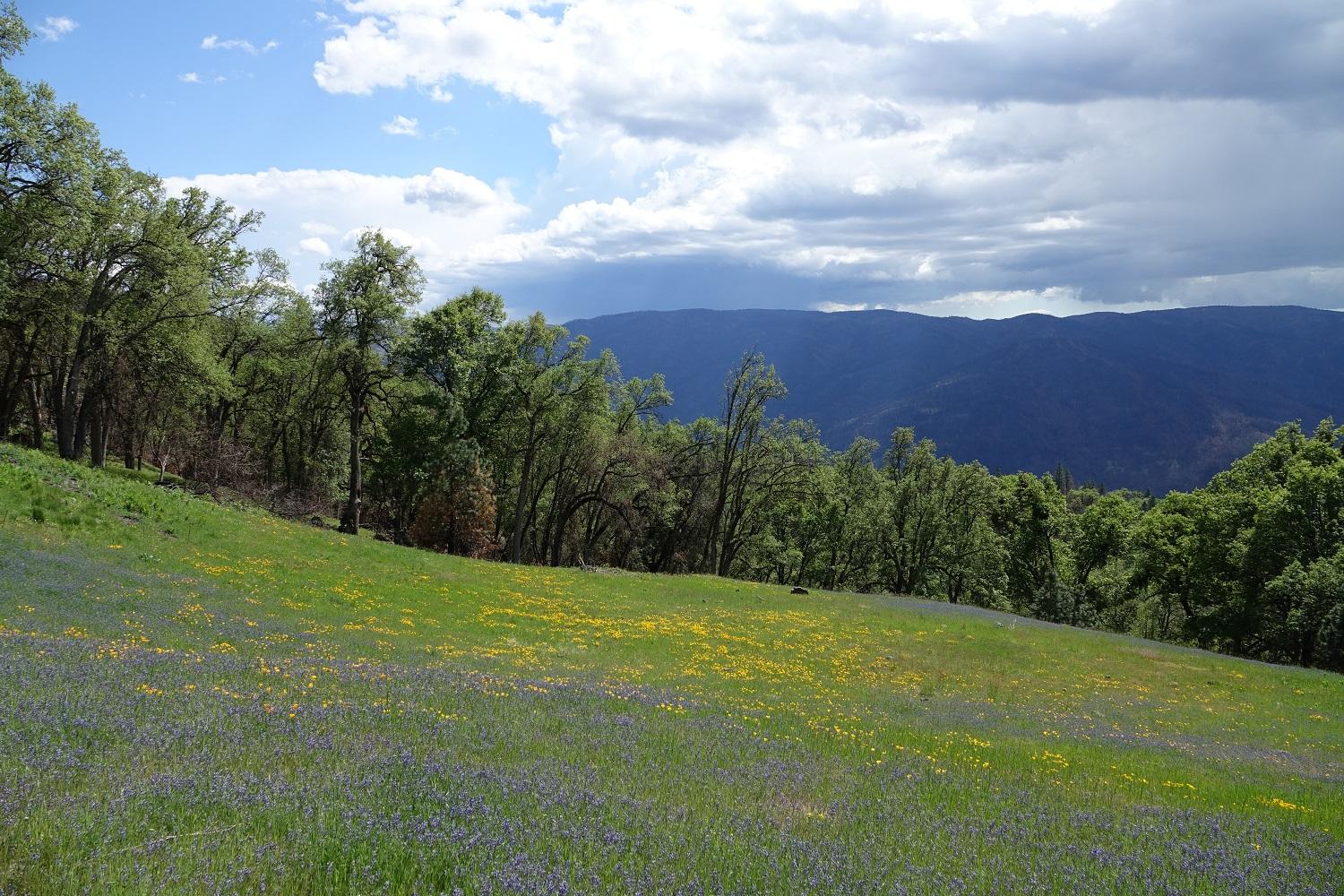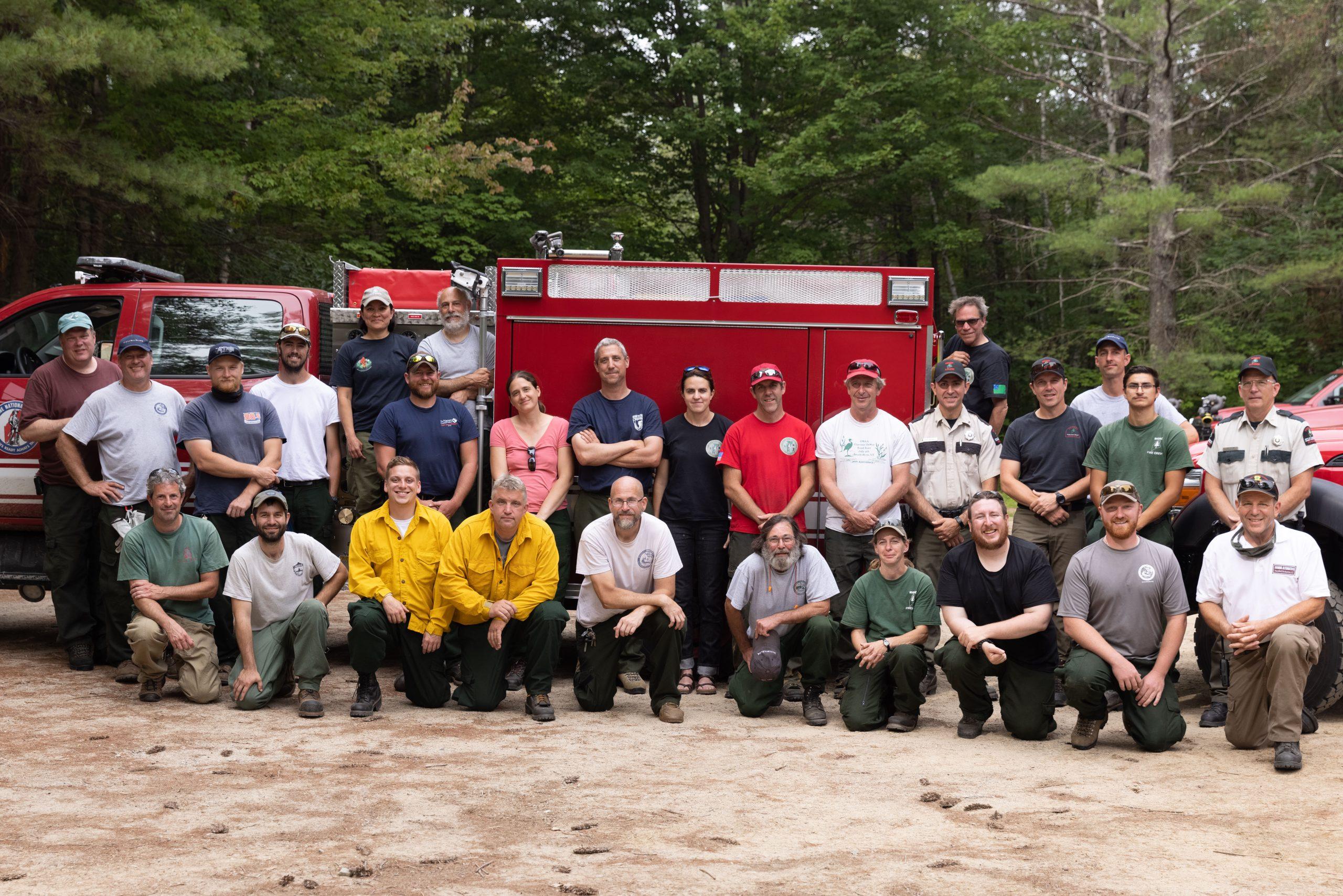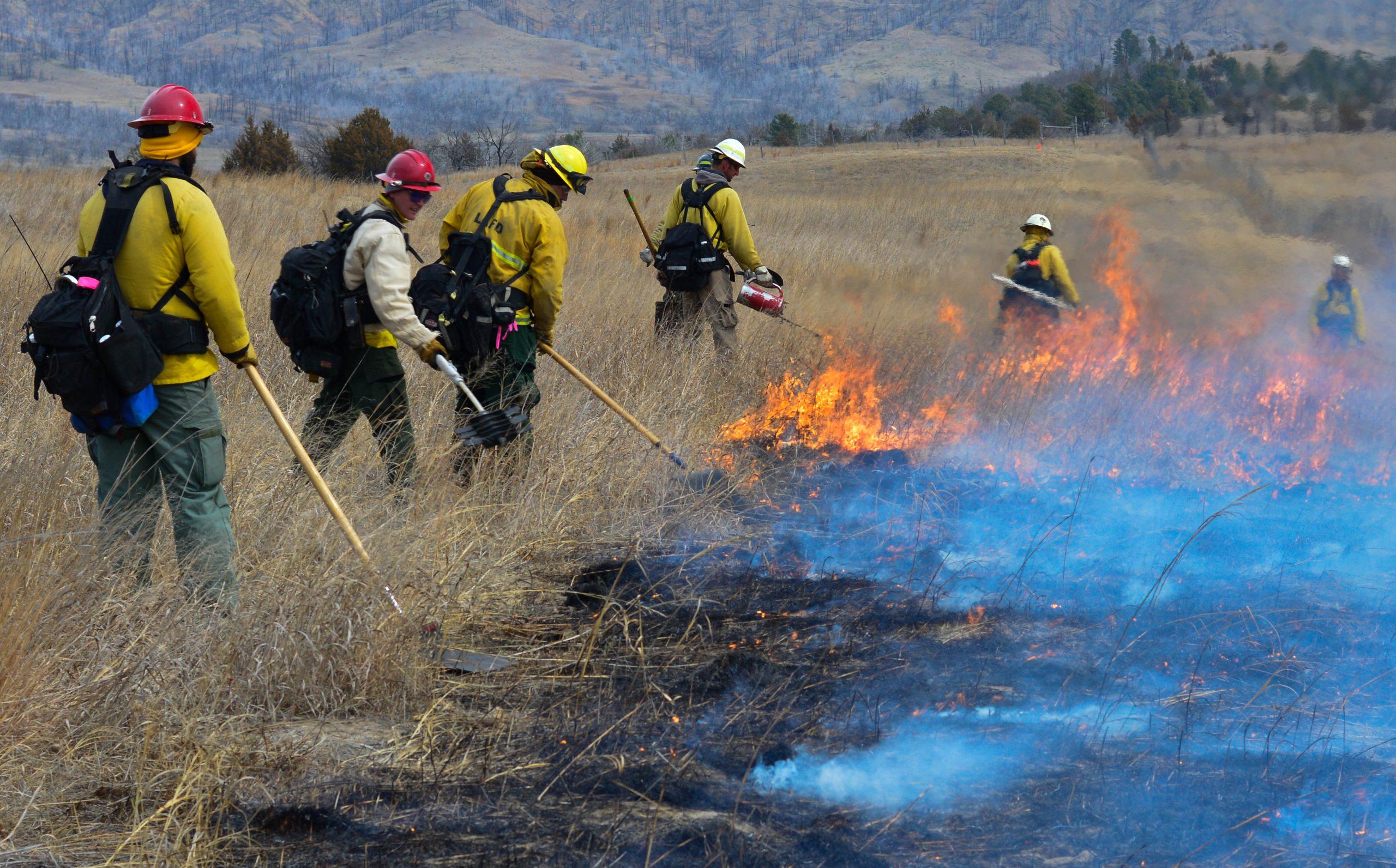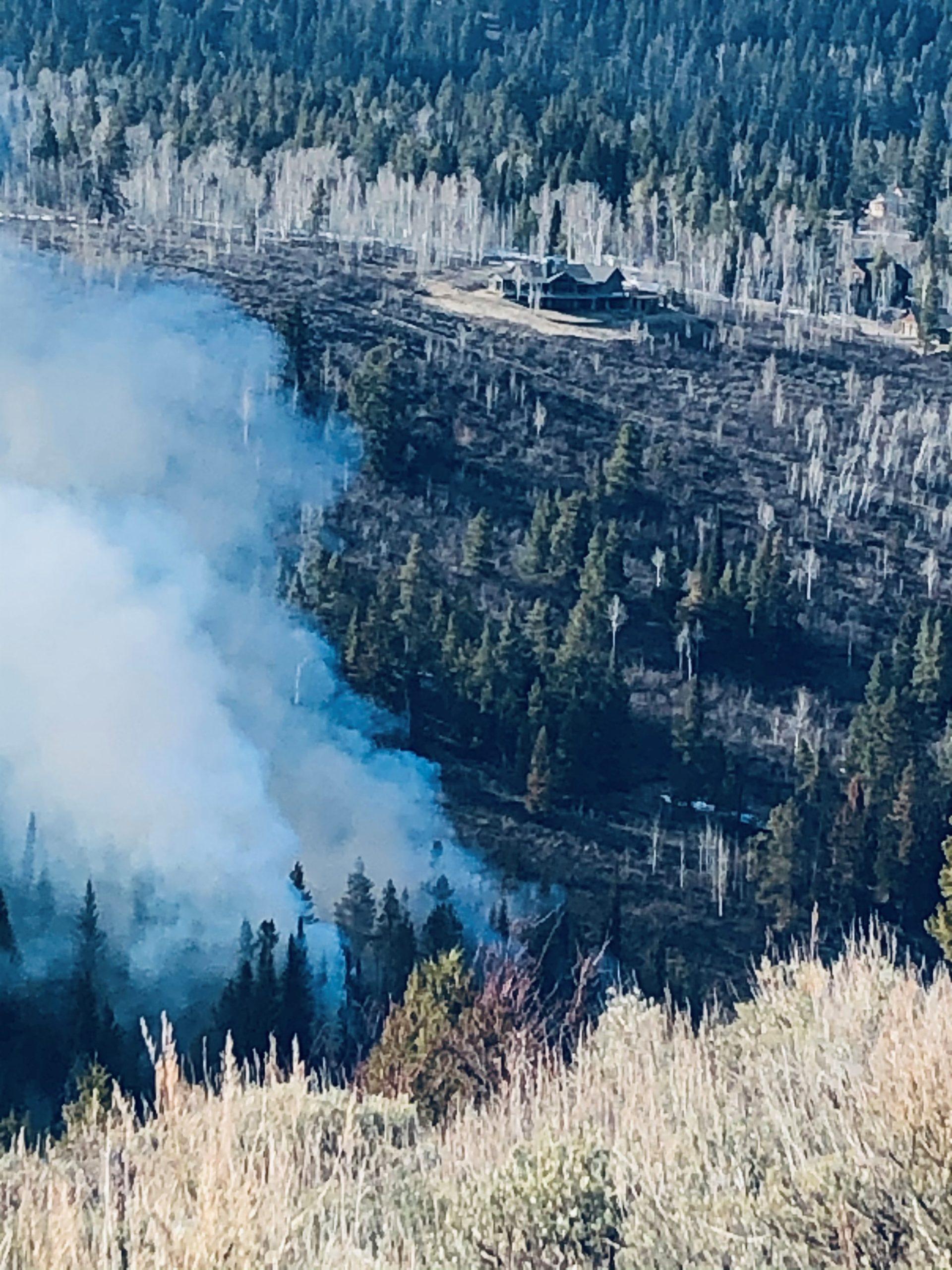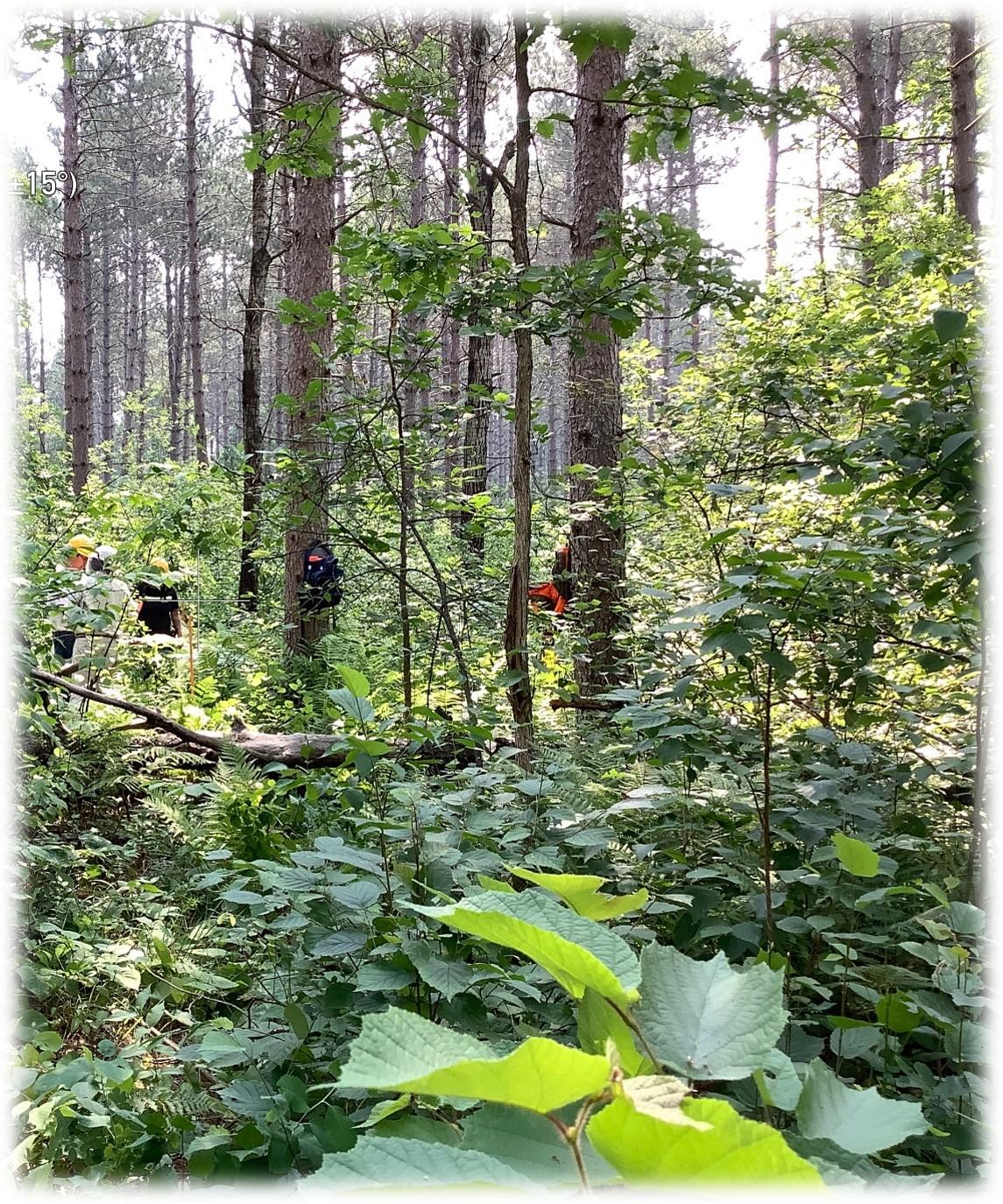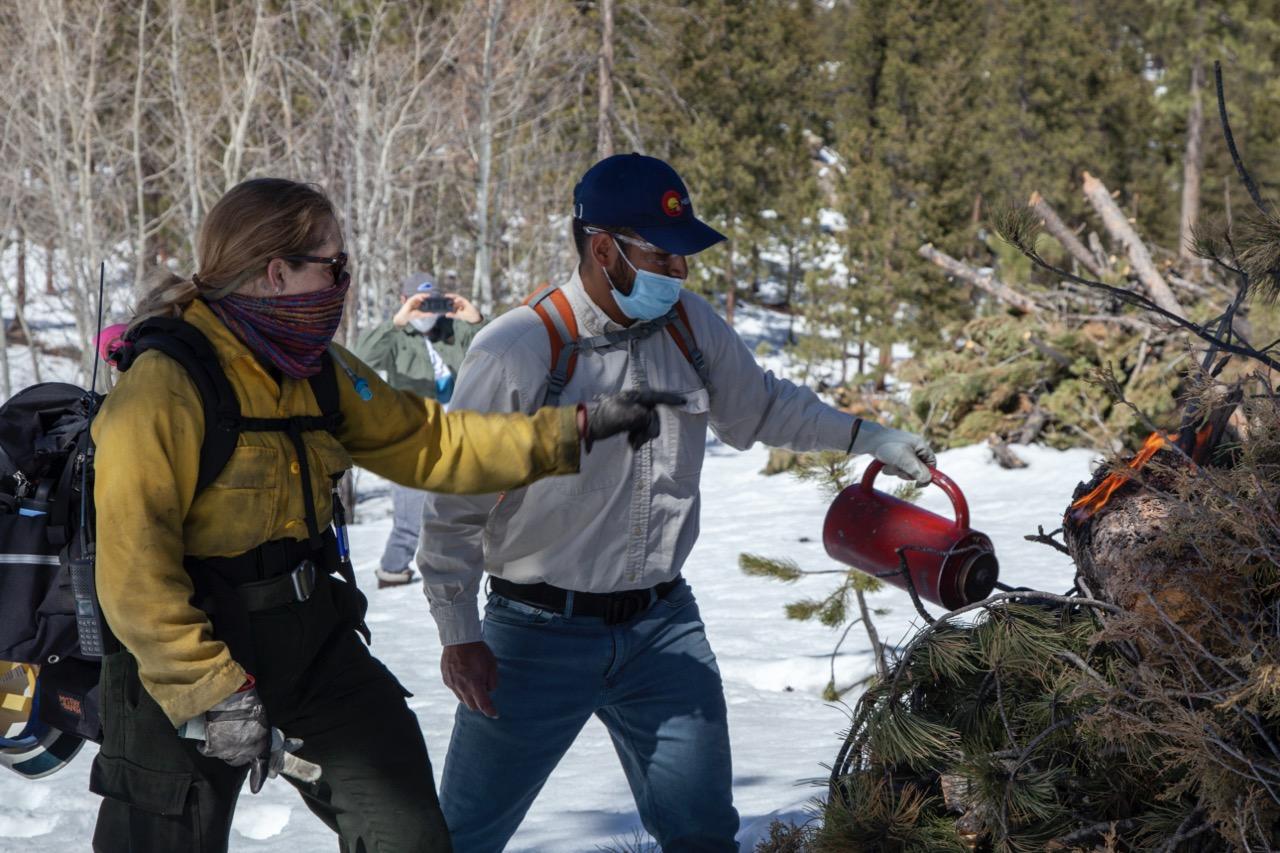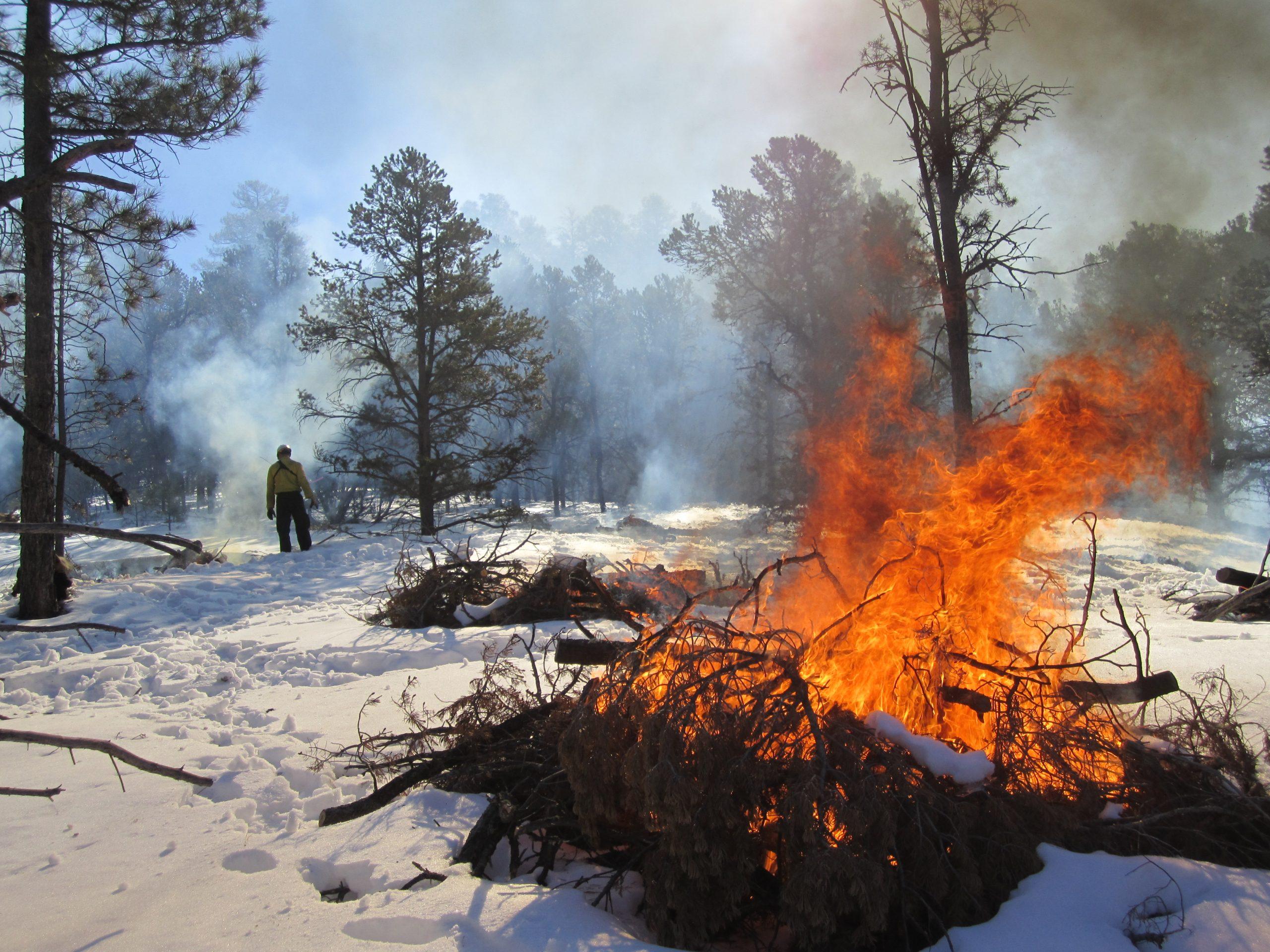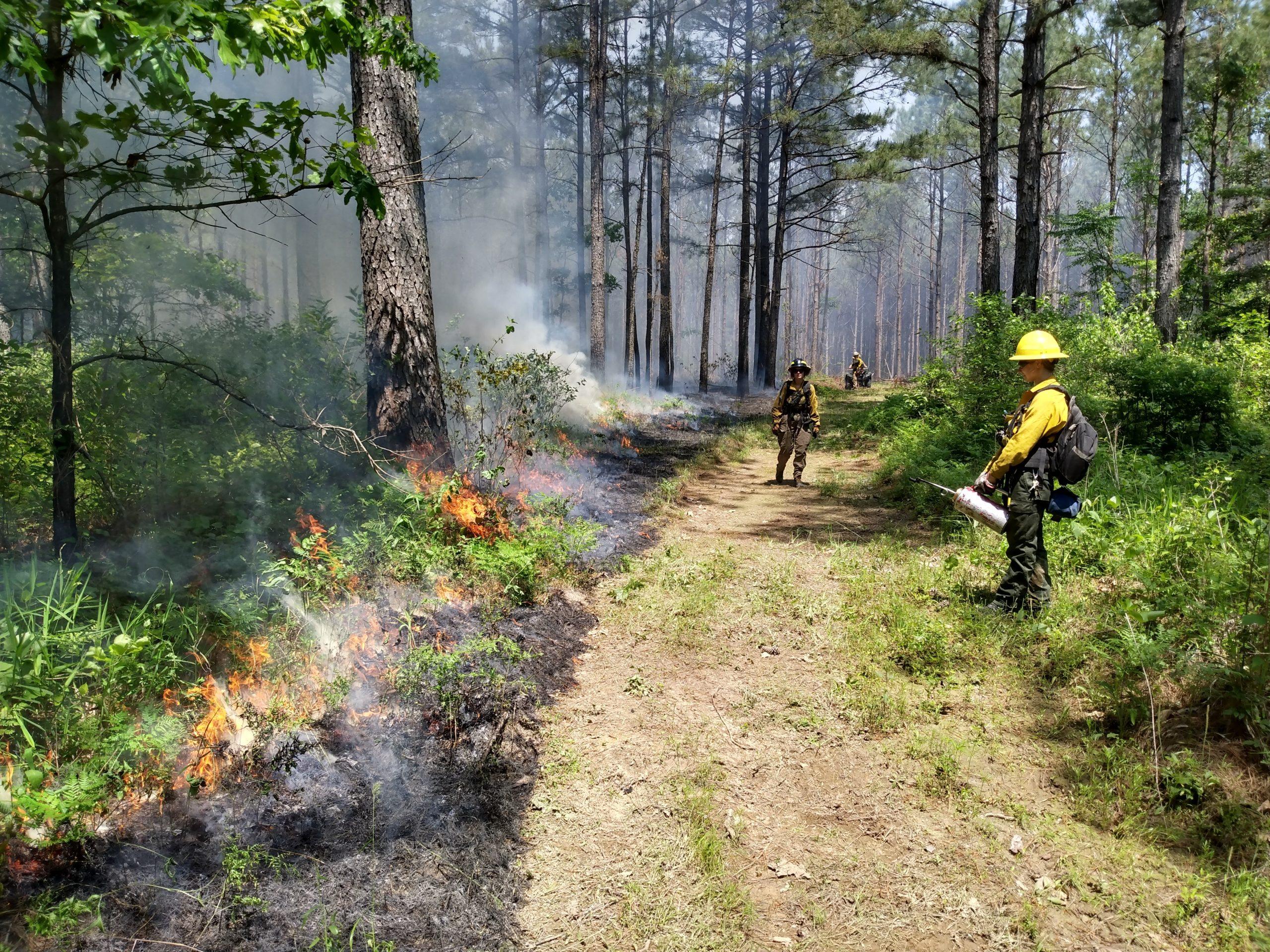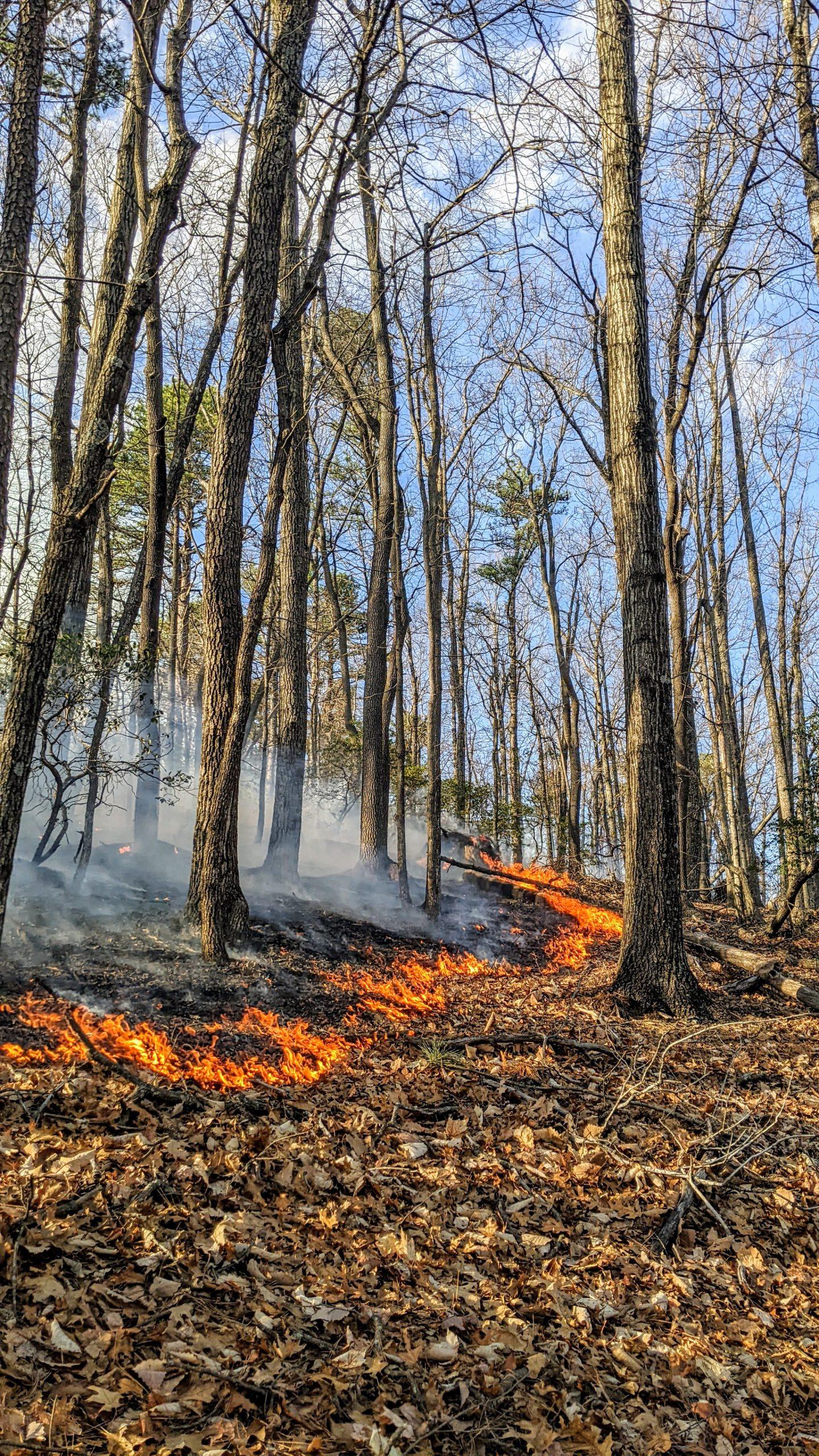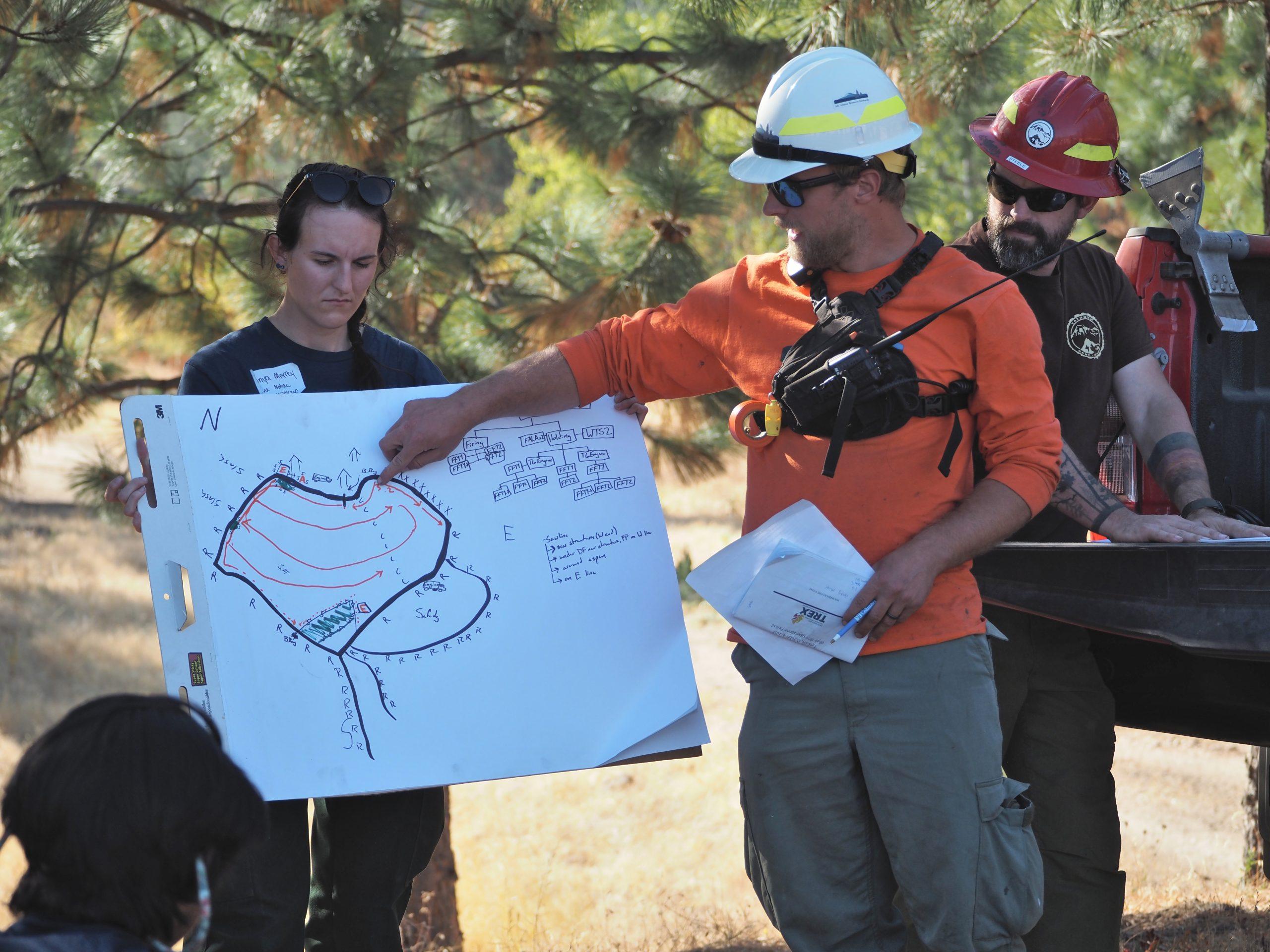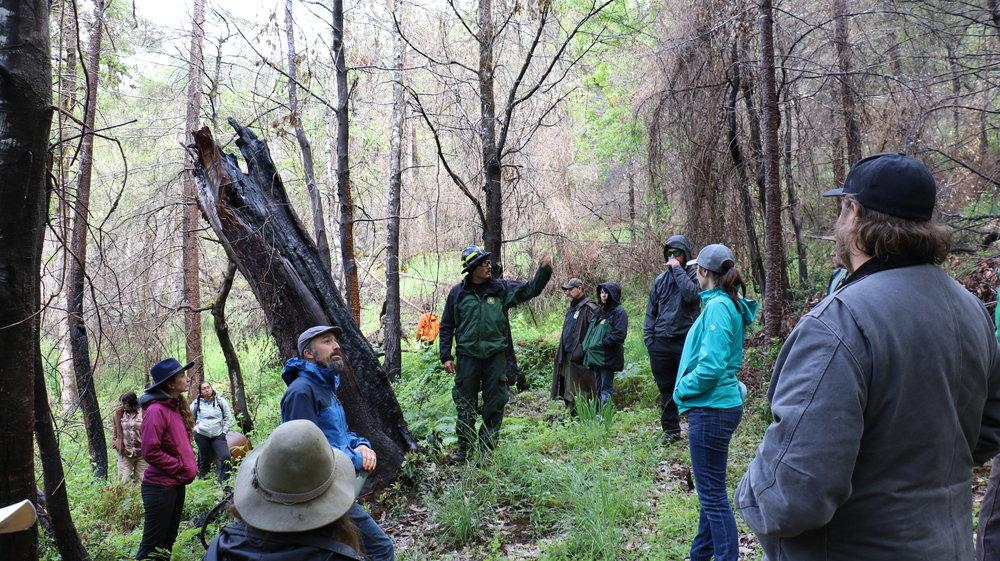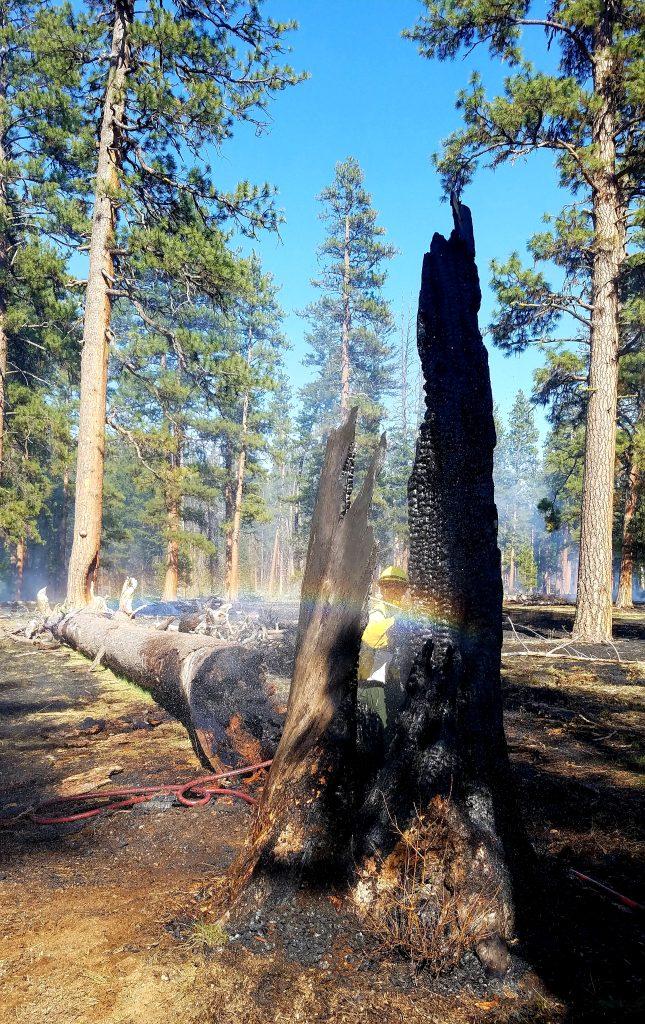
Oregon Fire Learning Network

The Oregon FLN is a regional, interdisciplinary coalition, spanning the dry fire-adapted forests of Oregon. Our network is comprised of Indigenous communities, non-governmental organizations, government agencies, and community interest holders, working to promote a culture of fire stewardship across our landscape.
The target of this fire stewardship is increased forest resilience and adaptation to changing conditions, sustaining the many benefits dry forests provide to human communities, and mitigating the risks (and impacts) of extreme wildfire on people.
Through our partnerships and learning networks we have provided workforce training and capacity-building in ecological burning, on-the-ground implementation increasing local and individual capacity. We have invested in community outreach and messaging to bolster understanding and awareness and build support for prescribed fire treatments in Oregon’s forests. Our work is rooted in scientific evidence, bringing together key interest holders to implement a shared vision for increased pace and scale of dry forest restoration.
FLN
- SINCE 2005
Resources:
The concept of “uncharacteristically severe wildfire” and need for mechanical and prescribed fire treatments in the dry, frequent fire forests have driven FLN work in southern Oregon. The Applegate Partnership and others mapped “coincident values” and highlighted a project area later selected by USDI Secretary for the Applegate Forest Restoration Pilot and the partnership’s Applegate Demo project. FLN-supported research included development Dry Forest fire histories, the Rogue Basin Cohesive Forest Restoration Strategy, and interest groups describing their “mental maps” around using fire, facilitated by the Portland State University. FLN leant support in forming local partnerships and co-productions:
Major meetings and training sponsored in part by FLN included the 2012 Solutions for Forests workshop for 70 participants and the 2017 Rogue Forest Restoration Leadership Forum attended by nearly 150 people, and supporting the launch of the Rogue Forest Partners. Between 2016 and 2019, FLN supported, two-week, residential Ashland TREX for roughly 40 participants from diverse locations in burning experience and training with the federal agencies. In 2022, our planning team co-produced the on-call, local resources RBTREX, and the FLN began supporting the Rogue Valley Prescribed Burn Association.
Prescribed Fire Workforce Capacity Projects
Central Oregon Prescribed Fire Training Exchange (COTREX) – An annual two-week prescribed fire training in Bend, Oregon that brings together fire practitioners from all geographies and backgrounds. COTREX is a direct response to the growing need to demonstrate local leadership and innovative solutions towards our common goal of increasing the quality, pace, and scale of fire-adapted ecosystem restoration and support of fire-adapted communities. We have hosted 6 COTREX programs since 2015 (with a 3-year hiatus due to COVID), involving 185 participants from around the country and world, representing governmental, NGO, Tribal, state, local, and university partners. The six years of COTREX led to 446 total training assignments and 7566 acres of forest receiving controlled burning.
Rogue Basin Prescribed Fire Training Exchange (RBTREX)- RBTREX is a training program providing opportunities for Rogue Valley Fire Practitioners (southwest Oregon) to gain experience with prescribed fire implementation. This event is coordinated as an on-call opportunity for fire practitioners from the area to provide support and receive training on prescribed burns using an all-lands all-hands approach to fire management.
TNC’s Sycan Marsh Preserve in Southern Oregon is a unique “living laboratory,” a place where we, The Klamath Tribes, U.S. Forest Service, and a wide range of research partners are intentionally merging western science and indigenous knowledge to guide ecologically-based dry forest restoration and leverage lessons learned across the dry forests of Oregon and throughout the intermountain Western U.S. With FLN support, this site has been a hub of training for prescribed fire practitioners at all levels of experience and from all backgrounds. Additionally, research teams from all over the U.S. have been gathering live-fire data to investigate key questions facing forest and fire ecologists today.
